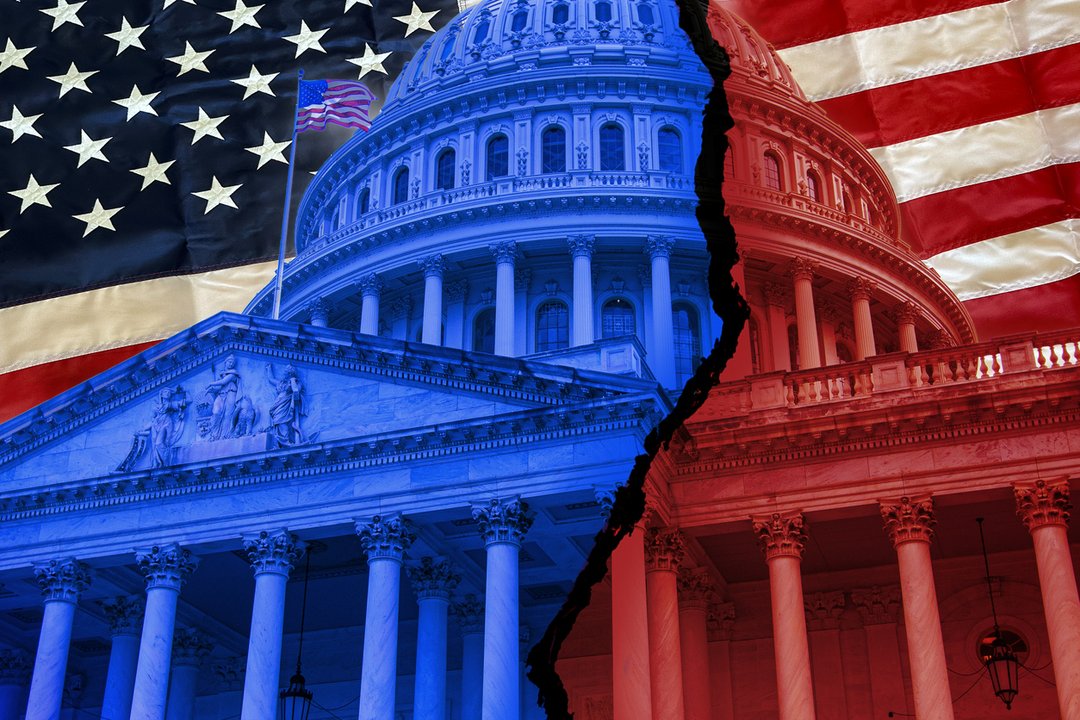
By Trina Paul
Oct. 16, 2024
Key Takeaways
- A survey by Nationwide found that one-third of investors (34%) think a recession will happen within 12 months if the political party they least align with gains power in the 2024 elections.
- Many investors also thought that if the party they don't support is elected in 2024, their cost of living and taxes will increase.
- Market volatility is typical of election years, and experts advise against making drastic changes to your portfolio.

iStock image
With election day just weeks away, investors who think that their preferred candidates could lose in contests for the White House and Congress may be bracing for the worst.
One-third of investors (34%) believe the economy will experience a recession within 12 months if the political party they least align with gains power, a survey by Nationwide, an insurance and financial services company, found.1 Nationwide itself said that a recession is unlikely in the near-term, barring any unforeseen events.
Concerns About Cost of Living, Taxes
Investors weren't just worried about a recession if the party they don't support gains power. In such a scenario, half of those surveyed (50%) believe the cost of living would rise and one-third (34%) said their taxes would increase within 12 months of the election.
Nationwide Chief Economist Kathy Bostjancic notes that the president realistically may have little impact on these issues, especially if a different party controls one or both chambers of Congress.
"Presidential campaigns often portray their candidates and plans as the primary factors that will impact the economy, but retirement savers should keep in mind that in most cases, the eventual winner has a limited ability to effect significant change–positive or negative–on their own," said Bostjancic. "Historically, the Federal Reserve has a much greater impact on the economy in the short- and medium-term than does a president, especially if the winner is constrained by Congress."
Most Believe Election Will Affect Stock Returns
About 60% of those surveyed thought that the presidential election would have a direct and lasting influence on stock market returns.
Experts advise that market volatility during an election year is par for the course and that investors should avoid making drastic changes to their portfolios based on these short-term fluctuations.
However, many investors don't heed this advice. In the Nationwide survey, 26% of pre-retiree investors plan to invest more conservatively because of this year's election.
Other recent studies have also shown that Americans are concerned about how the result of this election could affect their ability to save, spend and invest.
Article Sources
Investopedia requires writers to use primary sources to support their work. These include white papers, government data, original reporting, and interviews with industry experts. We also reference original research from other reputable publishers where appropriate. You can learn more about the standards we follow in producing accurate, unbiased content in our editorial policy.
- businesswire. "One-Third of Investors Expect Recession Within 12 Months if Their Preferred Candidates Lose the Election."







